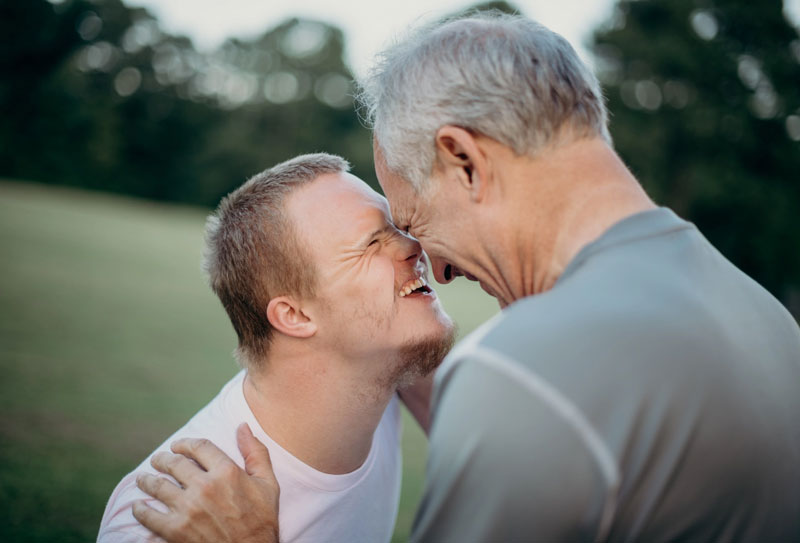EMPOWERING LIVES THROUGH TAILORED NDIS IN-HOME SUPPORTS. YOUR JOURNEY TO INDEPENDENCE STARTS WITH VIA CARE.
Languages spoken across the team

In Home Supports
How can we support you on your journey?
We provide tailored Assistance with Daily Life supports and skills development to help you learn and complete a range of everyday tasks.
our supports are flexible and tailored to your goals and needs to support you to live the life you choose.
Whether it’s at home, in the community, attending medical appointments, at school or work, We can provide one to one support.
About VIA CARE
Seek Change, Transform Lives


Why VIA CARE?
Diversity is our Strength
Culturally Diverse
We enjoy increased creativity and innovation, improved social cohesion, more effective teamwork and have a greater understanding for cultural sensitivity topics.
Education Driven Practice
We share in improved learning outcomes, enhanced professional development, evidence-based decision making and always look to promote inclusivity.
Linguistically Diverse
At VIA Care we have greater communication skills, enhanced cognitive abilities, richer cultural experiences and increased empathy and intercultural understanding.
Aboriginal and Torres Strait Islander People
We are here to Support individuals who may have been Impacted by social and emotional issues such as stress, social exclusion, inequality and racism.
Referrals
We stand with you.
Our Services
We’re passionate about helping you.
Services
We’re passionate about helping you.
Support Independent Living (SIL)
Supported independent living is the name of the NDIS funding that provides supports to people with disabilities to help them live as independently as possible.
SDA
Union Quarter is a vibrant neighbourhood activity centre and community hub comprising an extensive range of retail and residential accommodation tenancies for lease.
Overnight Care
VIA Care team have flexible overnight care options that allow for one of our care staff members to stay overnight and be at the ready to offer support as required.
Community Nursing Care
We can deliver both Enrolled and Registered nurses to assist with managing medical and health conditions. VIA Care can provide NDIS funded community nursing and can also supply nursing supports under other funding arrangements.
Household Tasks
At VIA care we support customers who may be unable to complete domestic tasks on their own or who require additional supervision.
Daily Personal Activities High Intensity
Supporting Daily Personal Activities means delivering carers who assist participants with any daily task they find challenging when unspported, including personal care, dressing and moving around the home.
Community Participation
We may arrange for customers to participate in social, community, and recreational events at VIA Care. We are certain that encouraging our clients to participate in community events would enhance their mental and physical health.
Our Practice
The best support team for you.
Family Inclusive Services
Multi-Lingual Services
Flexible Support
Education Driven Practice
We would love to help you!
Our specialist team is ready to meet you in person and discuss your needs to provide you with the best support to achieve your goals.
Visit us
VIA Care, Level 1, 131 Johnston St, Fitzroy VIC 3065
